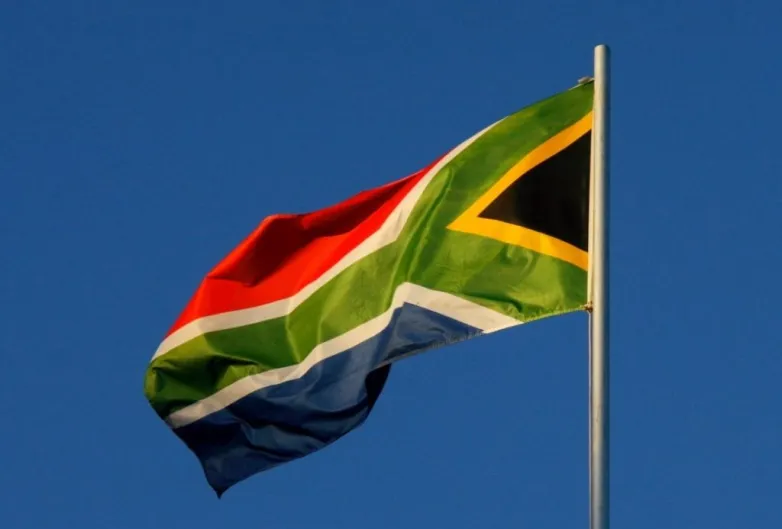South Africa unveils solar FiT and licensing exemptions in feedback to energy crisis
- South Africa's federal government has actually introduced a raft of measures to boost the release of renewables in the nation as it replies to a growing energy crisis.

The federal government is to get rid of a licensing exemption limit for ingrained generation as well as introduce a feed-in tariff (FiT) mechanism for rooftop solar as it seeks to hand more power to exclusive power generators to reply to shortfalls of electricity.
In an address to the nation the other day (25 July), South Africa's president Cyril Ramaphosa introduced the actions his government will take to tackle the energy crisis the country has actually been dealing with in the past weeks with everyday power cuts.
One year after South Africa had actually boosted the minimum licensing exemption for ingrained generation from 1MW to 100MW, Ramaphosa has introduced the complete removal of a licensing limit in an attempt to enhance exclusive financial investments in electricity generation.
" While they will certainly not require licences, all brand-new generation projects will still have to sign up with the regulator as well as comply with the technological requirements for grid connection and our environmental legislation," claimed Ramaphosa.
In order to increase the completion of solar PV projects, which can take more than 3 years according to the head of state, South Africa's parliament will consider minimizing governing needs in areas of reduced as well as medium environmental sensitivity for a limited amount of time.
An additional procedure presented by the head of state Ramaphosa will certainly be to support the uptake of roof solar by services and also home owners with the intro of a FiT.
" There is significant potential for homes as well as organizations to set up rooftop solar and also connect this power to the grid."
The public utility Eskom will establish a FiT for commercial and also household installations on its network that would certainly incentivise owners of solar panels to sell to the grid the excess power produced as well as would alleviate the current lack of electricity generation.
Moreover, the solar and wind capacity for the sixth bidding process round of South Africa's Renewable Energy Independent Power Producers Procurement Programme (REIPPPP) has been increased from 2.6 GW to 5.2 GW, with a request for proposal for battery storage space to find by September this year.
While winning renewable energy projects from the 5th round will be guaranteed to start production according to its schedule.
" This consists of taking a pragmatic technique to the regional material requirements for these projects, prioritising the requirement to construct new capacity as promptly as possible," added Ramaphosa.
Eskom to get surplus capacity to IPPs and buy renewables
Moreover, the public utility will certainly be building its first solar and also co-located battery storage space projects in Komati, Majuba, Lethabo as well as various other a number of power stations with a total capacity over 500MW to be contributed to the grid.
The utility has made land available near its power stations in Mpumalanga for the growth of renewable projects that might add a further 1.8 GW of mounted capacity with more land to be available around the nation for that purpose.
In the meantime, Eskom will turn to acquire "surplus capacity" from independent power producers (IPP) in addition to from personal generators-- mines, paper mills, going shopping centres and also other private entities-- in order to deal with the shortage of electricity currently occurring in South Africa.
In spite of an installed capacity of 46GW in South Africa, with a peak use of 32GW of electricity, just 60% of mounted capacity is available at any type of given time, because of prepared upkeep and an old infrastructure, according to the head of state.
In the past weeks, the country has actually confronted with an electricity lack of approximately 6GW and with 18GW of generation capacity being lost, an issue that has actually existed for numerous months currently as checked out in our PV Tech Premium piece about solar in South Africa.
Ultimately, South Africa will have more comprehensive reforms in its electricity market with the finalisation of the Electricity Regulation Amendment Bill that will allow the private sector to purchase new generation capacity.
"The steps I have actually detailed are not just to resolve our immediate constraints. Our utmost goal is to achieve long-term energy protection, to ensure that we never ever need to experience an electricity shortage again," stated Ramaphosa.
Also read

